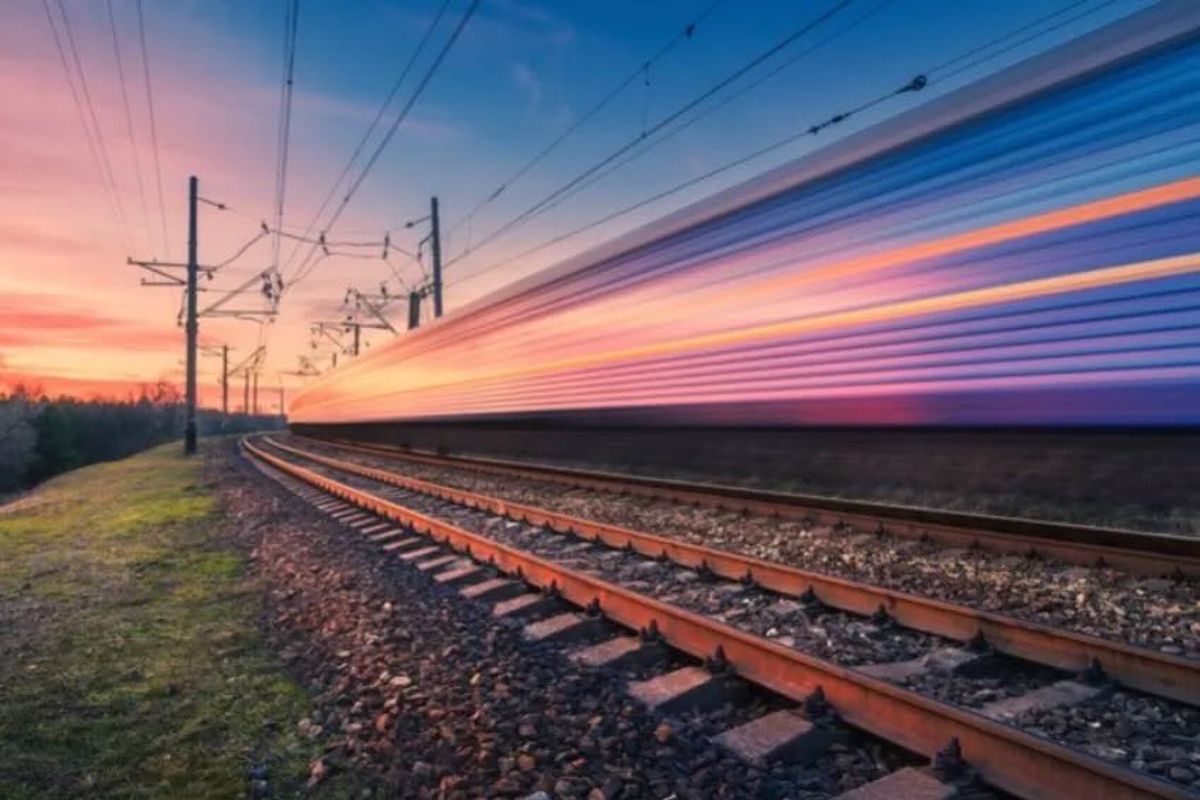The European Commission has selected 94 transport projects to receive a share of €2.8 billion in funding, with rail projects accounting for 77 per cent of the total spending.
The grants are part of the EU’s Connecting Europe Facility (CEF), which is designed to “boost sustainable and connected mobility across Europe”.
Rail projects to receive funding including the building of the Rail Baltica project, which will run from Warsaw in Poland through the Baltic states to Tallinn in Estonia, via the Latvian capital Riga and Kaunas in Lithuania. The EU has allocated a further €295.5 million towards the new line.
Marko Kivila, acting CEO of RB Rail AS, which is co-ordinating the project, said: “It allows us to continue construction without delays, especially in those sections where works are already underway in all three Baltic countries.”
EU funding will also be used to develop high-speed rail lines in the Czech Republic and Poland, as well as improvements to lines in Greece and Slovakia.
Other projects will see 11 EU members, including Austria, Germany, Italy and Poland, implementing the European Rail Traffic Management System (ERTMS) on both trains and tracks, which will improve rail safety and interoperability across national borders.
The rail initiatives form part of the EU’s major infrastructure upgrades across the Trans-European Transport Network (TEN-T). This will create a “sustainable and smart” transport network linking more than 400 major European cities with airports, railway stations and other transport terminals.
The rest of the EU’s latest grants will pay for projects to reduce the environmental impact of maritime and inland waterway transport, including port upgrades in several countries.
There is also money to pay for road safety initiatives and air traffic management projects to “reduce congestion, lower emissions and improve the overall air travel experience”.
Several cities, such as Nice and Marseille in France, Leuven in Belgium, Norrköping in Sweden and Bolzano in Italy, will gain new or upgraded multimodal passenger hubs to provide connections between different types of transport.
Apostolos Tzitzikostas, the EU’s commissioner for sustainable transport and tourism, said: “These 94 projects will not only boost cross-border connectivity and efficiency but also boost competitiveness across the continent.
“From Rail Baltica in the north, to shore-side electricity in our southern ports, and from secure road networks to a smarter Single European Sky – this investment is a cornerstone of our Green Deal and our geopolitical resilience.”
The 94 successful transport projects were chosen from 258 applications and funding agreements are expected to be finalised by October 2025.
